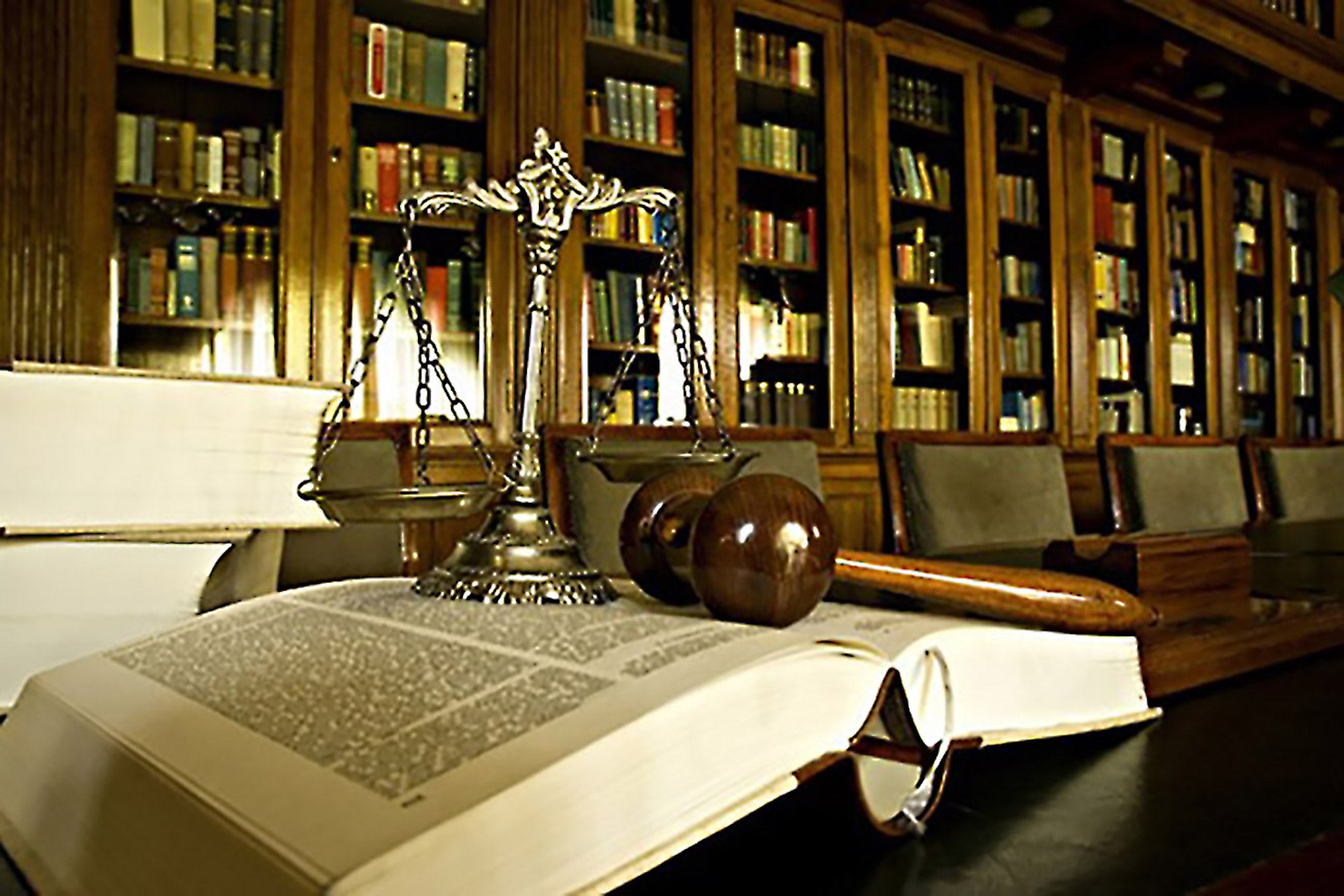How to Find the Right Lawyer for You It's important that you actually like your attorney, and that you understand the fee structure.
By David G. Ebert and Warren E. Friss Edited by Dan Bova
Opinions expressed by Entrepreneur contributors are their own.

There is no shortage of lawyers. And the more successful you become, the more time -- and money -- you'll spend with yours. So hire one you like -- professional chemistry counts. As a rule of thumb, if your stomach clenches each time your lawyer's name pops up on caller ID, you have the wrong lawyer.
Compatibility is hard to assess early on when we are all on our best behavior, so keep your eyes and ears open, and trust your instincts. Input from friends and family (yours, not the lawyer's) can be useful, but sometimes unreliable. It's wise to seek referrals from other lawyers. Good lawyers know other good lawyers.
Remember, you hire a person, not a firm. You may retain the finest firm in the land but every firm has great lawyers, good lawyers and some that are neither. You only get the lawyer you hire.
Related: Hiring a Lawyer: 5 Mistakes to Avoid
Who is representing you? For transactional matters, know who will be your lead negotiator. The partner? An associate you haven't met and didn't sign up for? Does your lawyer's personality suit your own? Are you a "take no prisoners' CEO, or master of the elegant compromise? Who do you want your lawyer to be? Your lawyer's first priority is to understand and meet your goals, not to win every point in every negotiation at any cost (to you).
For litigation, it is critical to know who will handle court appearances, conduct depositions and try your case. If your lawyer has never tried a case -- you'd be amazed how many senior litigators have not -- the other side will know it. This will seriously weaken your position because litigators who can't try cases have to settle them, and lawyers who have to settle cases have to settle them for less.
The price isn't always right. Hourly rates are largely irrelevant. There, we said it. A highly-efficient $600-an-hour lawyer will end up costing less than a moderately-inefficient $400-an-hour lawyer. And if the $400-an-hour lawyer has two $300-an-hour lawyers shadowing every move, the $600-an-hour guy starts to look like a missed bargain a few bills into the relationship. Staffing, not rates, is the multiplier that ultimately drives the cost of legal services.
Related: 2014 May be the Year to Find Your Lawyer Online
But a gaggle of lawyers looks tougher, right? Though we hail from a long tradition of lawyers needlessly piling up on calls and meetings as a show of strength, it's nonsense. One capable, well-prepared lawyer is all the strength you need. Of the 11 lawyers across the table who nod and frown in unison, only a few, if not fewer, know when to do which … or why. Fear -- and retain -- the lawyer who knows what's going on for real, with the confidence to leave all the yes-men and women back at the office grinding away on some other unfortunate client's matter.
It's important to understand your lawyer's fee structure. Hourly rates continue to be the most common way to bill and are still the best measure for certain types of matters. But clients should also explore alternatives such as fixed, capped, contingent, hybrid and premium-based fee arrangements.
Question any expenses for which you wouldn't bill your own clients. Insist on bills with a frequency and detail that enables you to understand what your lawyer is doing and to what end. Always insist on estimates. We never get them right, but asking for them helps to remind us that (our) time is (your) money.
Most importantly, ask questions. If what you are being told doesn't make sense, the explanation is to blame, not you.












